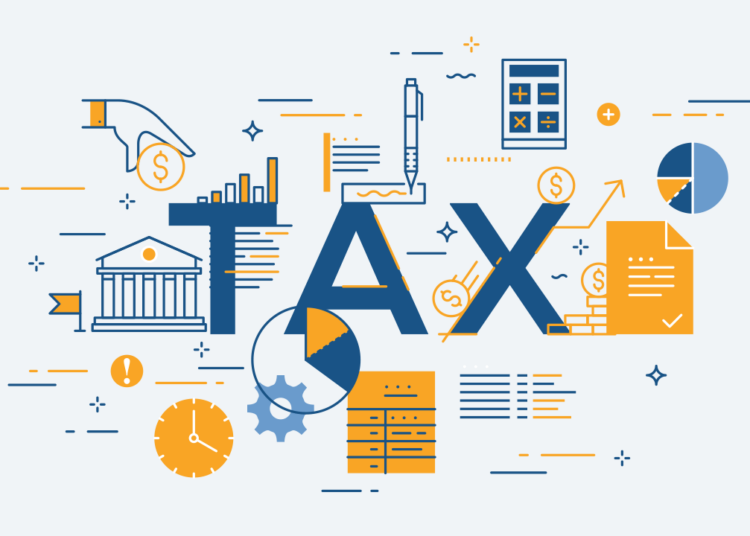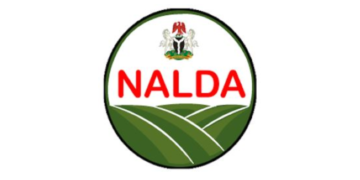Tax administrators, media professionals, and policy experts have unveiled a new strategy to drive voluntary tax compliance in Nigeria, centred on the use of data-driven media campaigns and simplified communication to improve public understanding and rebuild trust.
The consensus emerged at the media sensitisation programme on “The Role of the Media in Voluntary Tax Compliance” held in Abuja recently. The event brought together key stakeholders to discuss how the media can be more effectively engaged in promoting tax reforms and encouraging civic responsibility.
Key presentations at the event emphasised the importance of tailoring tax communication strategies to Nigeria’s diverse population. Head of the tax reform analysis unit at the Federal Inland Revenue Service, Bright Igbinosa, highlighted ongoing reforms such as the harmonization of tax laws, modernisation of collection systems, and simplification of legal frameworks.
He said the media must play a frontline role in demystifying those reforms and encouraging compliance through clear, factual reporting. “Voluntary compliance increases when people understand what is expected, why it matters, and how it helps society. The media are critical in translating that message,” Igbinosa noted.
Professor Iroye Samuel Opeyemi of the National Open University underscored the need for data-driven campaigns that segment taxpayers by geography, behavior, and compliance history. He proposed the use of digital dashboards and geospatial tools to improve campaign targeting, as well as automated platforms—like SMS and email—for personalized outreach.
“We need to move from generic awareness to precision campaigns.
Data allows us to predict who is likely to default and intervene early,” Opeyemi said.
Reinforcing the message, Canadian-based scholar and journalist, Professor Nduka Anthony Otiono, described media professionals as “translators of tax policy.”
He urged them to use credible data to tell compelling stories that bridge the gap between technical policy language and public perception.
Speaking at the forum, FIRS chairman’s technical assistant (Broadcast Media), Arabinrin Aderonke Atoyebi, said the initiative was designed to strengthen collaboration between tax authorities and the media in educating citizens and amplifying the impact of reforms, particularly in the North Central region.
“Our goal is not just to publicise tax policies, but to help the media understand the data and rationale behind them, so they can explain these issues in language the average Nigerian understands,” she said.
In his closing remarks, the director of the Communication and Liaison Department of the tax authority urged journalists to prioritise accuracy, ethics, and clarity in reporting tax-related matters. He stressed the need for a “granular” communication approach, stating that tax terms must be simplified for the average citizen to grasp.
“Data is sacred. It’s not just numbers—it’s the truth behind our claims. But if our language is inaccessible, even truth loses its power,” he said.
Participants resolved that the media should be deliberately engaged as a policy tool—not just to inform, but to correct misinformation, improve tax morale, and reinforce civic responsibility. The forum ended with a call for continuous collaboration between journalists and tax authorities to ensure Nigerians receive clear, trustworthy information that supports voluntary compliance.





